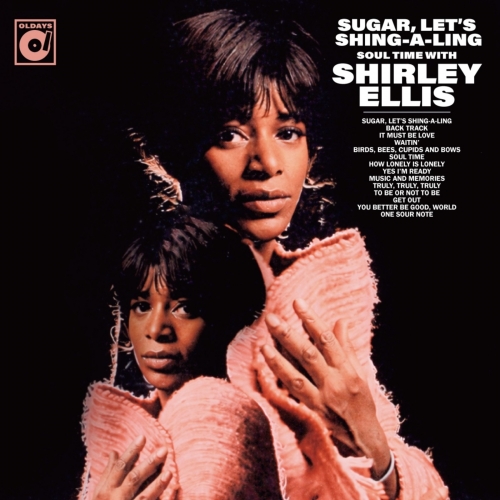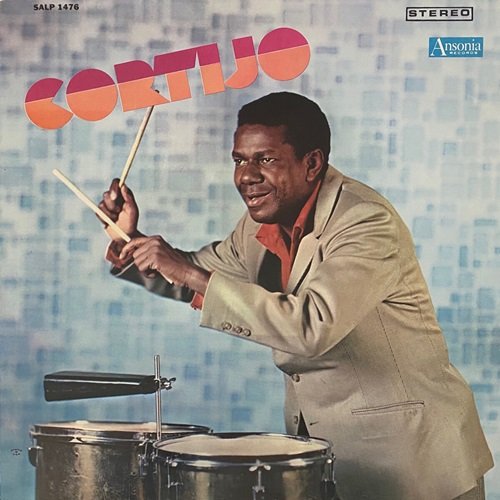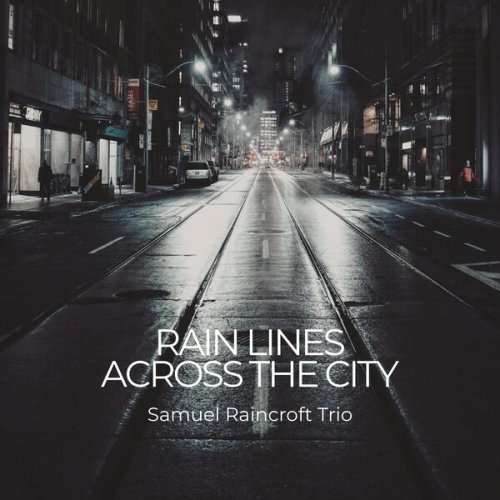Jennifer Smith, Mireille Delunsch, Thierry Felix, Marc Minkowski - French Cantatas (1995)
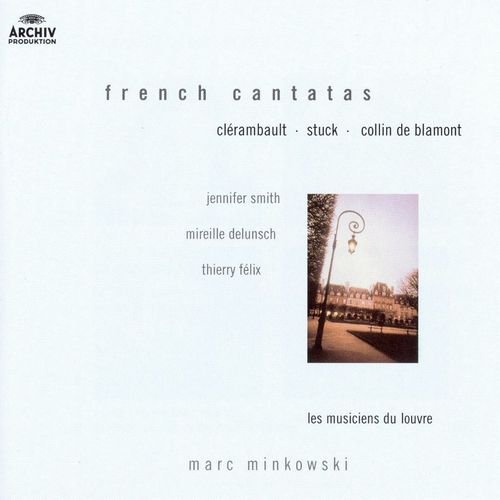
Artist: Jennifer Smith, Mireille Delunsch, Thierry Felix, Marc Minkowski
Title: French Cantatas
Year Of Release: 1995
Label: Archiv Produktion
Genre: Classical
Quality: FLAC (image+.cue,log,scans)
Total Time: 59:57
Total Size: 360 Mb
WebSite: Album Preview
Tracklist: Title: French Cantatas
Year Of Release: 1995
Label: Archiv Produktion
Genre: Classical
Quality: FLAC (image+.cue,log,scans)
Total Time: 59:57
Total Size: 360 Mb
WebSite: Album Preview
01: BLAMONT; “Didon” - Tempête
02: Récitatif «Echappé de l’horreur d’un terrible naufrage»
03: Air «Servez cet Amant glorieux»
04: Récitatif «Mais tandis qu’occupé d’une si belle chaîne»
05: Air «Courez à la victoire»
06: Récitatif «Didon voit partir son Amant»
07: Air «L’amour a trop d’empire»
08: CLÉRAMBAULT; “Le Soleil, vainqueur des nuages” - Symphonie
09: Récitatif «Les Persans assemblés dans leurs vastes campagnes»
10: Air «Poursuits ta brillante carrière»
11: Récitatif «Mais le jour s’obscurcit»
12: Symphonie [et Air] «Arrête, destin redoutable»
13: Récitatif «Nos vœux sont exaucés»
14: Air «Préparons d’eclatantes fêtes»
15: STUCK; “Héraclite et Démocrite” - Récitatif «Dans un abîme affreux» (Héraclite)
16: Air «Pleurez, pleurez mes tristes yeux» (Héraclite)
17: Récitatif «Dans le paisible sein de la tranquillité» (Démocrite)
18: Air «Sa raison n’est qu’un délire» (Démocrite)
19: Duo «Je succombe sur ton effort»/«Des humains le bizarre sort» (Héraclite, Démocrite)
20: Récitatif «Mais quel objet nouveau redouble mes douleurs?» (Héraclite)
21: Air «Plus légère qu’un zéphyr» (Héraclite)
22: Récitatif «Lâches et crédules amants» (Démocrite)
23: Air «Portez à vos belles» (Démocrite)
24: Récitatif «Non, non, on ne voit point de sage» (Démocrite, Héraclite)
25: Duo «Dans la tempête et dans l’orage» (Démocrite, Héraclite)
Performers:
Jennifer Smith (soprano)
Mireille Delunsch (soprano)
Thierry Félix (baryton)
Le Musiciens du Louvre
Conductor - Marc Minkowski
The cantate francaise flourished during the first half of the eighteenth century. Morin and Bernier were among the most interesting early exponents of it, Campra, Monteclair, Clerambault and Rameau among the most impressive. Indeed, it is generally recognized that the cantate francaise reached its zenith in the hands of Clerambault. He is represented on this new disc by Le Soleil, vainqueur des nuages. It appeared in none of the composer’s five published collections of chamber cantatas but was issued separately in 1721. It enjoyed a degree of success and was performed both at court and at the Opera as well as at public concerts in the Tuileries – an important forum for this genre. Le Soleil is written for a soprano with oboe, flute, violins, basse de violon, bassoon and continuo. It was intended as an “allegorical divertissement on the recovery of the King’s health” – the king in question being Louis XV. The text reads somewhat along the lines of a Lullian opera prologue; in other words containing enough hot air to launch a balloon. Yet the words allow for pleasing word-painting and Mireille Delunsch responds accordingly. An attractive and rhythmically vital piece, if brittle in textual substance, but one which forcefully demonstrates Clerambault’s skill in the medium both of recit and air.
Dido’s tragic fate made wide appeal among baroque composers and painters and Francois Colin de Blamont’s small-scale treatment of the story is touching. Blamont was a contemporary of Rameau who had studied with Delalande and whose three collections of chamber cantatas were issued between 1723 and 1729. Didon is included in the first collection and is scored for solo soprano, strings and continuo, with flute. French inflexions dominate the recits while those of Italy infiltrate the airs; these, none the less, remain in essence unmistakably French. Jennifer Smith gives a passionate account of the piece and is especially affecting in the third and final recit whose text is concerned with Dido’s despair at the departure of Aeneas.
The remaining cantata is by Jean-Baptiste Stuck, sometimes known as Battistin. Even if we did not know that he was Italian by birth and upbringing we should certainly suspect it from the ravishing string suspensions and walking bass that accompany the beautifully poignant opening air of the cantata Heraclite et Democrite. This lovely work for soprano and bass with oboes, two violins and continuo comes from Stuck’s third collection of cantates francaises, published in 1711. Jennifer Smith is joined by Thierry Felix whose warm vocal timbre contributes towards a well-balanced partnership.
In summary, this is an entertaining programme, well equipped with music likely to captivate audiences. For me the weakest part lies in scrawny string playing, sometimes sufficiently ragged to recall much earlier sorties with period instruments. A refreshing issue, all the same.' -- Nicholas Anderson
Dido’s tragic fate made wide appeal among baroque composers and painters and Francois Colin de Blamont’s small-scale treatment of the story is touching. Blamont was a contemporary of Rameau who had studied with Delalande and whose three collections of chamber cantatas were issued between 1723 and 1729. Didon is included in the first collection and is scored for solo soprano, strings and continuo, with flute. French inflexions dominate the recits while those of Italy infiltrate the airs; these, none the less, remain in essence unmistakably French. Jennifer Smith gives a passionate account of the piece and is especially affecting in the third and final recit whose text is concerned with Dido’s despair at the departure of Aeneas.
The remaining cantata is by Jean-Baptiste Stuck, sometimes known as Battistin. Even if we did not know that he was Italian by birth and upbringing we should certainly suspect it from the ravishing string suspensions and walking bass that accompany the beautifully poignant opening air of the cantata Heraclite et Democrite. This lovely work for soprano and bass with oboes, two violins and continuo comes from Stuck’s third collection of cantates francaises, published in 1711. Jennifer Smith is joined by Thierry Felix whose warm vocal timbre contributes towards a well-balanced partnership.
In summary, this is an entertaining programme, well equipped with music likely to captivate audiences. For me the weakest part lies in scrawny string playing, sometimes sufficiently ragged to recall much earlier sorties with period instruments. A refreshing issue, all the same.' -- Nicholas Anderson
DOWNLOAD LINKS
![The Boss Ensemble - Circuits Hybrides (2019) [Hi-Res] The Boss Ensemble - Circuits Hybrides (2019) [Hi-Res]](https://www.dibpic.com/uploads/posts/2019-11/1574517391_folder.jpg)
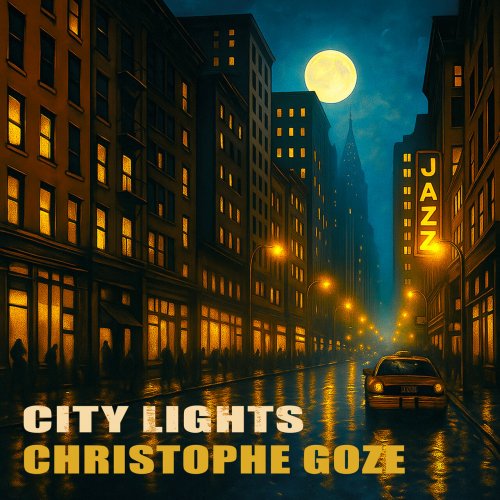
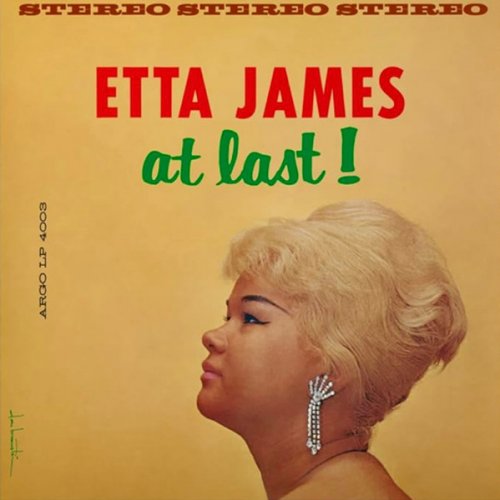
![Whatever Happens Don't Be Yourself! - Tales of No Consequence (2026) [Hi-Res] Whatever Happens Don't Be Yourself! - Tales of No Consequence (2026) [Hi-Res]](https://img.israbox.com/img/2026-02/27/6usdiy5oinb96d1lfeldes4eg.jpg)


